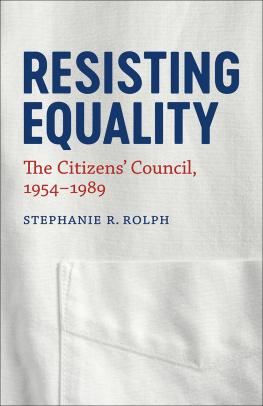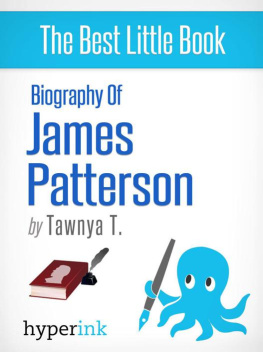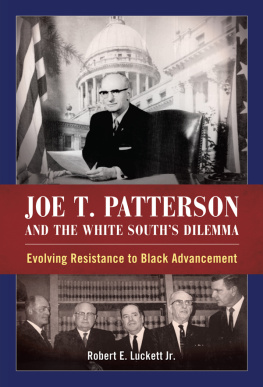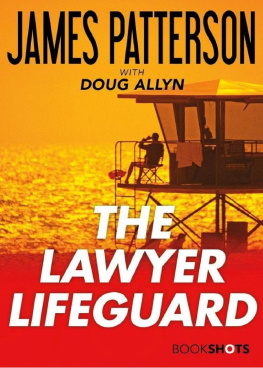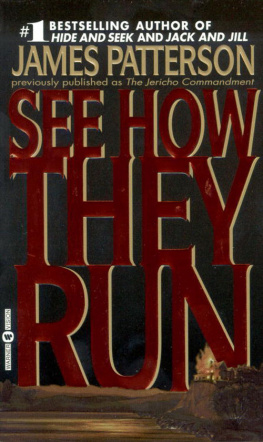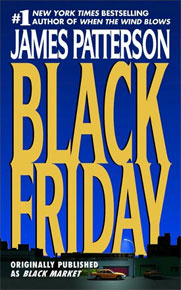Robert E. Luckett Jr. - Joe T. Patterson and the White Souths Dilemma: Evolving Resistance to Black Advancement
Here you can read online Robert E. Luckett Jr. - Joe T. Patterson and the White Souths Dilemma: Evolving Resistance to Black Advancement full text of the book (entire story) in english for free. Download pdf and epub, get meaning, cover and reviews about this ebook. year: 2015, publisher: University Press of Mississippi, genre: Politics. Description of the work, (preface) as well as reviews are available. Best literature library LitArk.com created for fans of good reading and offers a wide selection of genres:
Romance novel
Science fiction
Adventure
Detective
Science
History
Home and family
Prose
Art
Politics
Computer
Non-fiction
Religion
Business
Children
Humor
Choose a favorite category and find really read worthwhile books. Enjoy immersion in the world of imagination, feel the emotions of the characters or learn something new for yourself, make an fascinating discovery.

- Book:Joe T. Patterson and the White Souths Dilemma: Evolving Resistance to Black Advancement
- Author:
- Publisher:University Press of Mississippi
- Genre:
- Year:2015
- Rating:3 / 5
- Favourites:Add to favourites
- Your mark:
Joe T. Patterson and the White Souths Dilemma: Evolving Resistance to Black Advancement: summary, description and annotation
We offer to read an annotation, description, summary or preface (depends on what the author of the book "Joe T. Patterson and the White Souths Dilemma: Evolving Resistance to Black Advancement" wrote himself). If you haven't found the necessary information about the book — write in the comments, we will try to find it.
As Mississippis attorney general from 1956 to 1969, Joe T. Patterson led the legal defense for Jim Crow in the state. He was inaugurated for his first term two months before the launch of the Sovereignty Commissioncharged to protect the sovereignty of Mississippi from encroachment thereon by the federal governmentwhich made manifest a century-old states rights ideology couched in the rhetoric of massive resistance. Despite the dubious legal foundations of that agenda, Patterson supported the organizations mission from the start and served as an ex-officio leader on its board for the rest of his life.
Patterson was also a card-carrying member of the segregationist Citizens Council and, in his own words, had spent many hours and driven many miles advocating the basic principles for which the Citizens Councils were originally organized. Few ever doubted his Jim Crow credentials. That is until September 1962 and the integration of the University of Mississippi by James Meredith.
That fall Patterson stepped out of his entrenchment by defying a circle of white power brokers, but only to a point. His seeming acquiescence came at the height of the biggest crisis for Mississippis racist order. Yet even after the Supreme Court decreed that Meredith must enter the university, Patterson opposed any further desegregation and despised the federal intervention at Ole Miss. Still he faced a dilemma that confronted all white southerners: how to maintain an artificially elevated position for whites in southern society without resorting to violence or intimidation. Once the Supreme Court handed down its decision in Meredith v. Fair, the state attorney general walked a strategic tightrope, looking to temper the rulings impact without inciting the mob and without retreating any further. Patterson and others sought pragmatic answers to the dilemma of white southerners, not in the name of civil rights but to offer a more durable version of white power. His finesse paved the way for future tactics employing duplicity and barely yielding social change while deferring many dreams.
Robert E. Luckett Jr.: author's other books
Who wrote Joe T. Patterson and the White Souths Dilemma: Evolving Resistance to Black Advancement? Find out the surname, the name of the author of the book and a list of all author's works by series.

